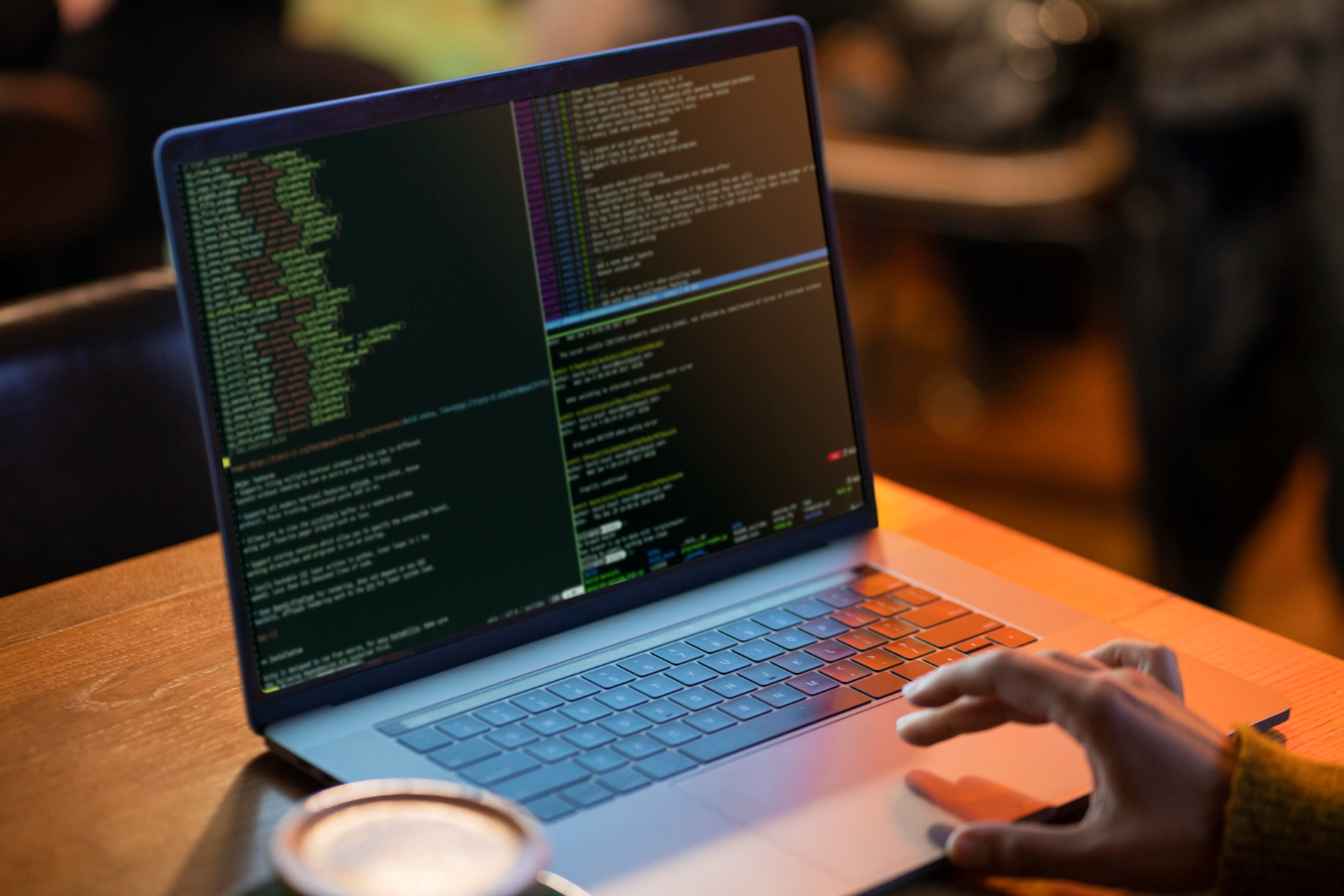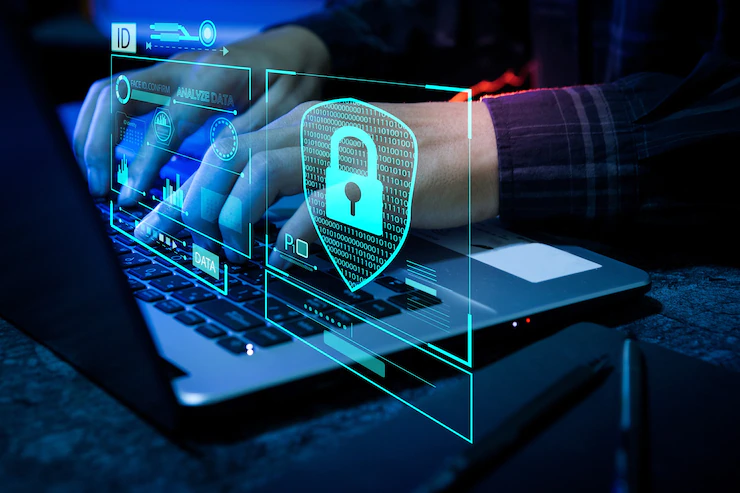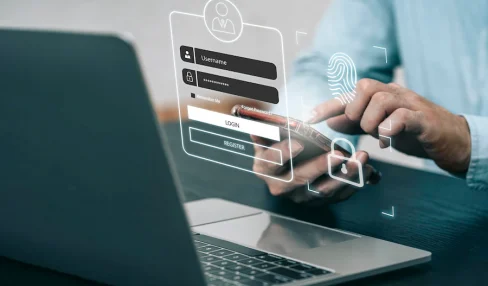5 Tips to Keep Your Linux Computer Safe From Hacks
5 Mins Read
Published on: 27 January 2023
Last Updated on: 09 November 2024

toc impalement
Ubuntu. Fedor. Debian. These are just some of the popular free operating systems based on Linux. These platforms all boast a unique architecture that makes them fast and efficient.
With that said, you also have to be aware of many unique factors when trying to protect the devices running these operating systems.
In this article, we’ll share five practical tips to help protect your Linux computer from hackers and cybercriminals.
We’ll also discuss how safe Linux is overall and give you tips on securing servers running this OS. Finally, we’ll highlight the five signs that your computer has been hacked.
5 Tips To Protect Your Linux Computer Against Hackers
Cybercriminals are constantly on the hunt for exploitable weaknesses. As a digital user, it’s important to keep this in mind and take the necessary steps to protect your private information.
Protecting your Linux computer is just as important as protecting any other type of device. Even if it’s not as common as mainstream operating systems, criminals can still hack a Linux device and extract information from it.
Here are five steps you can take to protect your Linux computer against hackers.
1. Set Up Automatic Security Updates
The first step you can take to protect your Linux computers is to enable automatic updates. This ensures that every stable release of the OS you’re using is automatically installed on your device.
It’s important to note that the exact steps you need to follow vary based exact OS version you’re using. For example, setting up the automatic updates is available in the user interface in releases like Ubuntu, while others like Debian may require setup via sudo commands.
2. Improve Your Password Complexity
As with any other device or platform, the complexity of your password directly influences your device safety levels.
Start by verifying that all users on your device have a password setup. If any of them don’t, set a safe security code.
Additionally, you can also change the password complexity requirements.
In other words, you can choose the minimum parameters that all passwords have to follow in order to be accepted by the system.
This includes length, special requirements, and similar variables that make for stronger passwords.
3. Follow Best Safety Practices While Browsing The Web
There are many security practices you can follow while browsing the web, regardless of the operating system. For instance:
- Use a VPN setup to encrypt your connection when on a public Wi-Fi; Read this comparison of Surfshark vs ProtonVPN to pick the best VPN for your needs.
- Avoid websites that don’t have an HTTPS security certificate (which can be found in the URL);
- Don’t share personal or payment information on suspicious-looking sites.
4. Set Up A Firewall
Firewalls help block unauthorized data transfers to and from your device. In other words, when a Firewall is set up, you have an extra layer of protection, even if a security breach does occur.
Linux operating systems include a default Firewall, but this can be combined with additional intrusion prevention and detection tools.
Like the automatic security updates, the exact process to set up a Firewall varies based on the OS release.
However, it’s important to remember to set necessary exceptions to avoid complications.
5. Remove Old, Unused, And Otherwise Unnecessary Packages
In addition to taking up unnecessary space in your laptop or desktop device, old software packages actually pose a security risk that cybercriminals can attempt to exploit.
Therefore, take the time to remove old packages whenever you finish installing a new program or OS version on your computer.
There are a few different ways to eliminate old or unused packages. The two main methods are through sudo commands as well as specialized software, so you can choose the one you’re most comfortable with.
How Do I Make Linux Servers Secure?
Linux is a popular operating system for computer servers because it’s powerful and open-source. Yet, the best practices to protect a Linux server are slightly different that Ubuntu and other computer operating systems.
To protect your Linux server, you should:
- Replace passwords with SSH keys;
- Only give users the necessary privileges;
- Reduce attack surface by disabling IPv6;
- And only use stable software and OS versions.
Are Linux Computers More Secure?
Linux computers are inherently more secure because they are not targeted as often as Windows and iOS devices.
Part of the reason for this is that the percentage of Linux users compared to leading OS providers is very small.
This means that hackers don’t tend to target these groups because even if their attacks are successful, the number of affected individuals is relatively small.
Does Linux Have Virus Protection?
Linux doesn’t have built-in virus protection beyond a firewall. But you can still install additional security tools to help protect your device.
The number of traditional antiviruses is limited. Yet, you can still find a few options to help protect you against worms, trojans, and other forms of malware.
Furthermore, there are additional tools you can use to protect your Linux device. These include:
- Virtual private networks (VPNs);
- Classic antiviruses (paid and open-source);
- Full disk encryption features and/or software.
What Are The 5 Signs Your Computer Has Been Hacked?
Hackers and other cybercriminals work relentlessly to extract your information. But, there are tell-tell signs that can help you determine if you’ve been targeted by a successful attacker.
Here are a few signs that your computer has been hacked:
- Unrecognized changes to your home page;
- Frequent pop-ups sending you to suspicious sites;
- Suspicious emails sent from your account without your authorization;
- And unusually slow connection and processing speed.
Conclusion
Linux open-source operating systems are extremely practical. They offer a great alternative to users that don’t need all the features found in mainstream operating systems.
Nevertheless, it’s important to keep your computer protected and take steps to safeguard your personal information, even if you opt for a Linux-powered OS.
To keep your Linux safe, remember to update your operating system on a regular basis, install a reliable VPN to encrypt your connection, use only complex passwords, and set up a firewall.
Stay safe!
Read Also:


















Comments Are Closed For This Article